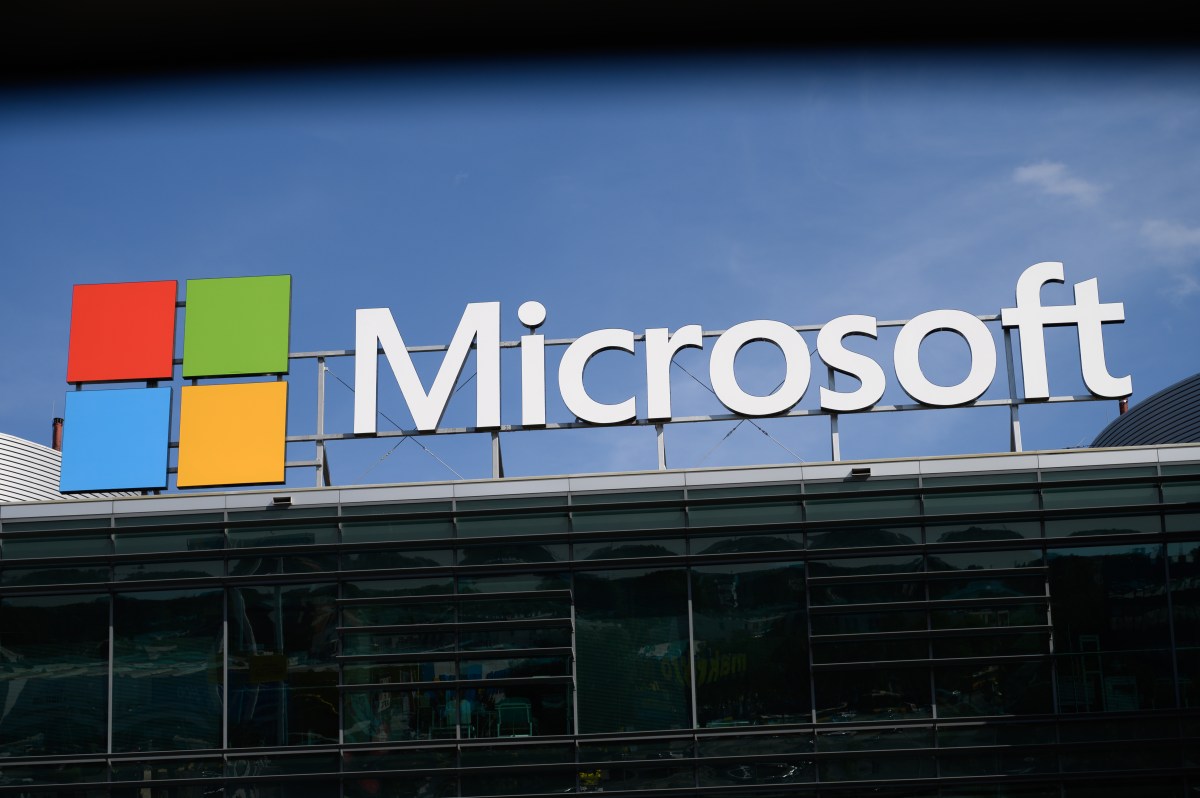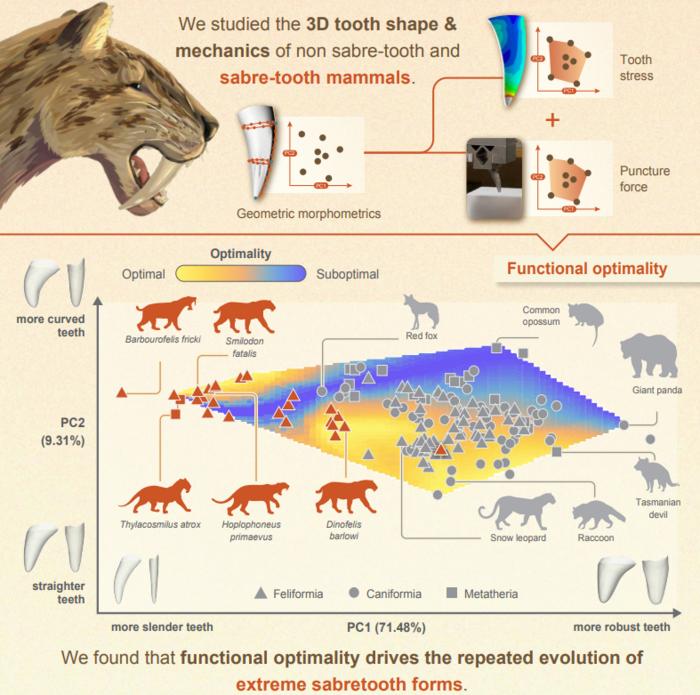![]()
Google LLC has proposed putting limits on its search partnerships in order to resolve antitrust violations in its search business, as an alternative to the U.S. Department of Justice’s suggestion that it sell its Chrome browser.
Google Vice President of Regulatory Affairs Lee-Anne Mulholland detailed the company’s remedies proposal in a blog post Friday. It comes in response to a ruling by the U.S. District Court for the District of Columbia in August that it’s running an illegal monopoly across the search engine and search advertising markets.
The DOJ and the group of states that brought the case against Google suggested last month that Judge Amit Mehta should force it to sell the Chrome browser to resolve the issues. In addition, they also requested that Google be prevented from entering default search agreements with companies like Apple In. They also want it to open up its search engine results to competing search companies, and further request that it spins off its Android operating system.
Mullholland said today that the DOJ’s proposal reflects an “interventionist agenda” that goes well beyond what the judge’s decision was actually about.
According to her, the main problem with the DOJ’s proposal is that it would actually harm American consumers more and undermine the country’s global technology leadership by requiring it to share user’s private search queries with foreign and domestic rivals, limiting its ability to innovate and improve its search algorithms.
Under her counter-proposal, Mulholland suggests Google should be allowed to continue partnering with third-parties like Apple in revenue-sharing deals, so it could still be the default search engine on its devices. However, such deals would instead be non-exclusive.
“We don’t propose these changes lightly,” Mulholland said. “They would come at a cost to our partners by regulating how they must go about picking the best search engine for their customers. And they would impose burdensome restrictions and oversight over contracts that have reduced prices for devices and supported innovation in rival browsers, both of which have been good for consumers.”
Google also suggests that Android device makers be given more flexibility to preload multiple search engine providers, and it would stop forcing them to pre-install apps such as Google Search and Chrome.
Google’s search engine rivals, such as Microsoft Corp., which offers the Bing search engine, DuckDuckGo Inc., Qwant SE and Startpage BV would likely benefit immensely if it were forced to sell off Chrome, which has a commanding share of the web browser market. However, it remains unclear how a possible Chrome spinoff would work.
Judge Amit Mehta has scheduled a hearing in April, where both sides will have the opportunity to present their proposals on how to remedy the case, and a final decision is expected by August.
However, the case may be complicated by a possible appeal. Google’s president of global affairs Kent Walker said after the original ruling that the company intends to appeal the judge’s decision, which could mean any remedy is delayed by several years.
Image: SiliconANGLE/Freepik AI
Your vote of support is important to us and it helps us keep the content FREE.
One click below supports our mission to provide free, deep, and relevant content.
Join our community on YouTube
Join the community that includes more than 15,000 #CubeAlumni experts, including Amazon.com CEO Andy Jassy, Dell Technologies founder and CEO Michael Dell, Intel CEO Pat Gelsinger, and many more luminaries and experts.
THANK YOU







Leave a Comment